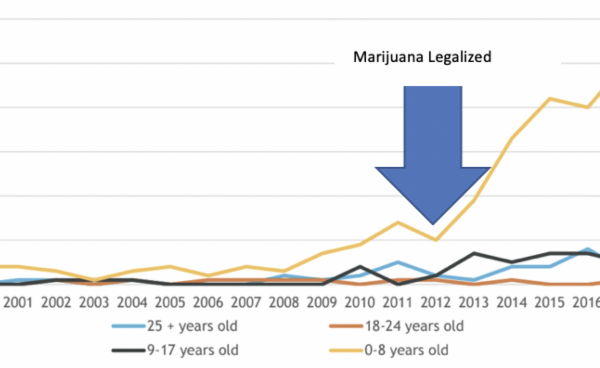Every September, our country celebrates National Recovery Month, a time to show that people do recover and move on with their lives. As I write this blog I am actually landing in Sacramento to join recovery advocates from all over the state of California. This trip, like many others, will include me speaking on strategies for the recovery movement at large, but will also surely include at least one person asking me about marijuana and the insights I have learned as they pertain to the current opioid epidemic.
I am a staunch advocate for recovery-ready communities. They are communities that are ready to support people in or seeking recovery by having resources in place to make sure they have what they need to break the chains of addiction. This includes things such as recovery support services, resources on employment, housing, education, and other recovery-related resources like treatment.
As it relates to marijuana, I am personally deeply concerned with that is happening all over the country. To be blunt, people can and do become addicted to pot. I know too many families impacted by this and I personally know marijuana was a key factor in my own substance use disorder. At the same time, I am supporter of decriminalizing marijuana, while also being adamantly against the commercialization efforts happening in this country. I dread the day that airplanes offer complimentary pot-infused edibles in the same way they offer complimentary alcoholic drinks.

